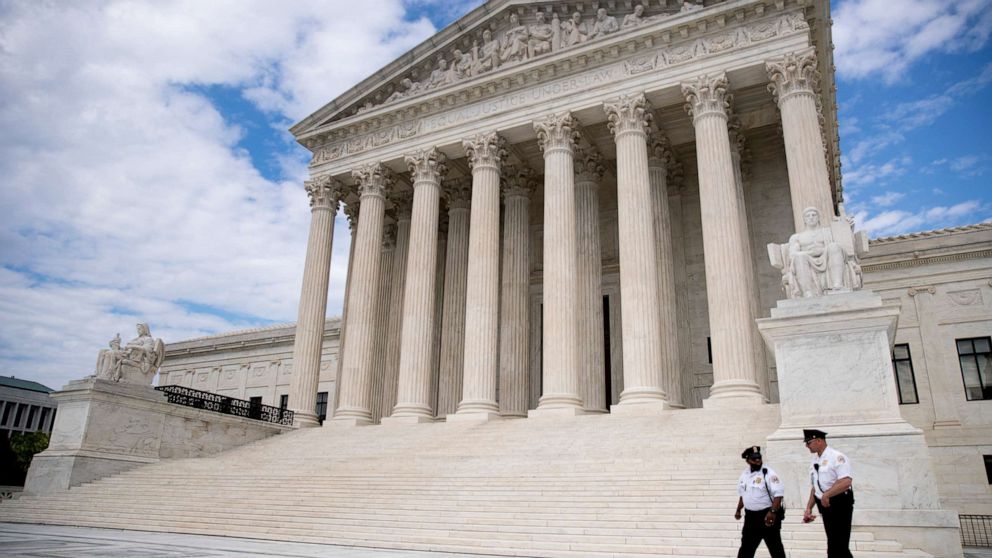How the Debate over Obamacare Mirrors the Law Itself

Adam Crain
It’s unfortunate, though not surprising, that the tenor of the healthcare debate has followed the spirit and letter of the law itself.
The law slices and dices the American people into groups and treats them all differently. On some level, you can make the case that this is a chicken or the egg argument. Did the law give rise to and define such distinctive groups or do the varying income, health status and age of American’s simply demand the law categorize them?
Consider how the law treats and affects the following groups: those who qualify for Medicaid and those who don’t; those who qualify for a federal subsidy to pay for healthcare insurance and those who don’t; those people in states which chose to expand Medicaid and those in states which didn’t; those who benefit from employer-based insurance and those who don’t; those who have pre-existing conditions and those who don’t; young and old; the list goes on.
In treating each group differently though, the law pits groups against each other and since Obamacare affects all Americans in some way, we are all in one of these groups. Either we can expect to receive a subsidy or be expected to help pay for a subsidy. Either we can expect to receive coverage despite our pre-existing conditions or pay higher premiums to strengthen the insurance pool.
The effect of the structure of the law on the debate about the law can’t be missed: The healthcare debate has become more about versus and less about and.
If you argue that Obamacare has been difficult for middle class Americans who neither qualify for subsidies nor are wealthy enough to buy insurance with no anxiety, you will undoubtedly be regaled with anecdotes of people that have been helped by Obamacare or how the people we should “really worry about” are the poor who fall in the Medicaid coverage gap. That reaction exhibits a “versus mentality” as if standing up for the middle class must put you at odds with ensuring healthcare for low-income Americans.
The same pattern emerges if you argue that a federal program that subsidizes lower income and sick Americans by charging higher prices for younger and healthier Americans is government overreach. You’ll be chastised for “only caring about the rich,” ushering in oligarchy, and keeping the American Dream out of reach for poor Americans. As if someone might not dislike the structure of Obamacare and also believe low-income Americans need a hand up.
If you argue from a principled position that expanding Medicaid is fiscally irresponsible, your ability to empathize with the poor will be questioned. As if someone might not actually believe that the social safety net and fiscal responsibility can coexist.
The law has driven everyone to their own corners. It is now those who qualify for Medicaid versus those who don’t. Those who qualify for a federal subsidy versus those who don’t. Those people in states which chose to expand Medicaid versus those in states which didn’t.
We should have seen this coming. If Congress ends the subsides at the behest of those American’s paying for the subsidies, low-income Americans will feel like they got whacked. Bleeding-heart liberals will seethe with moral outrage over Americans “not paying their fair share.” No doubt, this is an honest feeling.
But see how the law has pitted Americans against each other? Who has become the enemy of low-income Americans who depend on federal subsidies? Those who believe changing the structure of Obamacare and lessening the role of the federal government is the best course of action for the nation.
Other Americans – those whose income is already taxed at 28% or higher and those who are healthy who’ve watched their premiums skyrocket – feel like they do “pay their fair share.” For these Americans, Obamacare seems to punish success. Who becomes the enemy from this viewpoint? Those who fight to keep the law as is.
The way the law is written and the practical effects of the seven year old law can’t help but feed these warring factions in the American public.
Americans personify the section of the bill that describes them. They weigh the cost and benefit of the debate, take sides, hunker down, dig in, fire off 140 character comments on Twitter and actually contribute nothing to the question of how best to serve the American people.
Needless to say, most representatives in Congress are following their lead.
The law stands today as it did weeks ago, months ago, years ago. Obamacare is the law of the land, but Republicans are clear in their opposition (albeit unclear in their replacement strategy).
The debate over healthcare will continue – that aspect of life in America will not change as fast as President Trump’s White House staff.
What should change, however, is the mold of the debate.
Arthur Brooks, President of American Enterprise Institute, has advice in his book The Conservative Heart for every American – liberal or conservative. He writes, “Trying to throw bombs at ideological hostiles and attempting to ignore them are both losing strategies. A better idea is to actually walk among them and understand them. We need to remember that even our ideological foes are human beings well worth engaging.”
We need to remember that as we debate healthcare.




